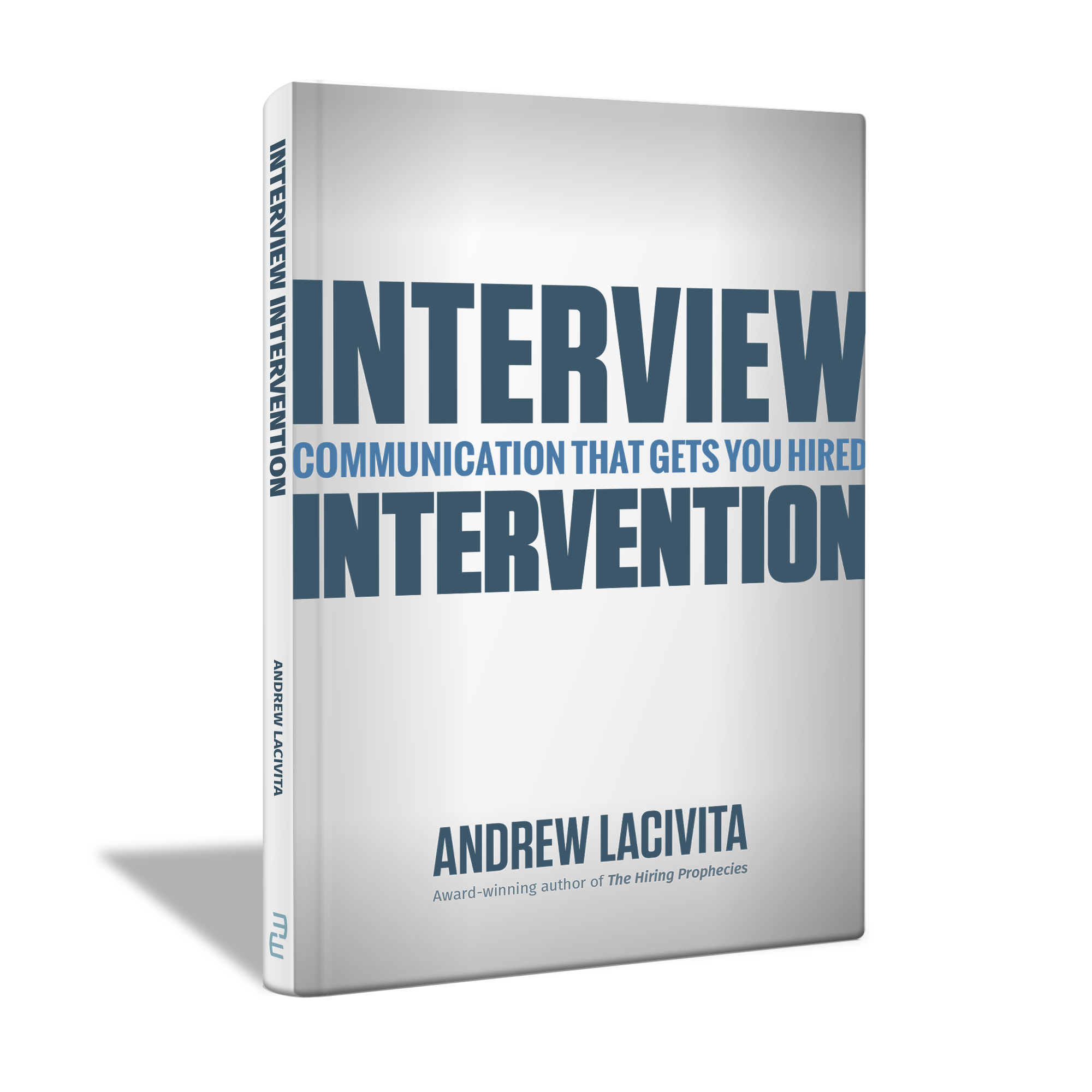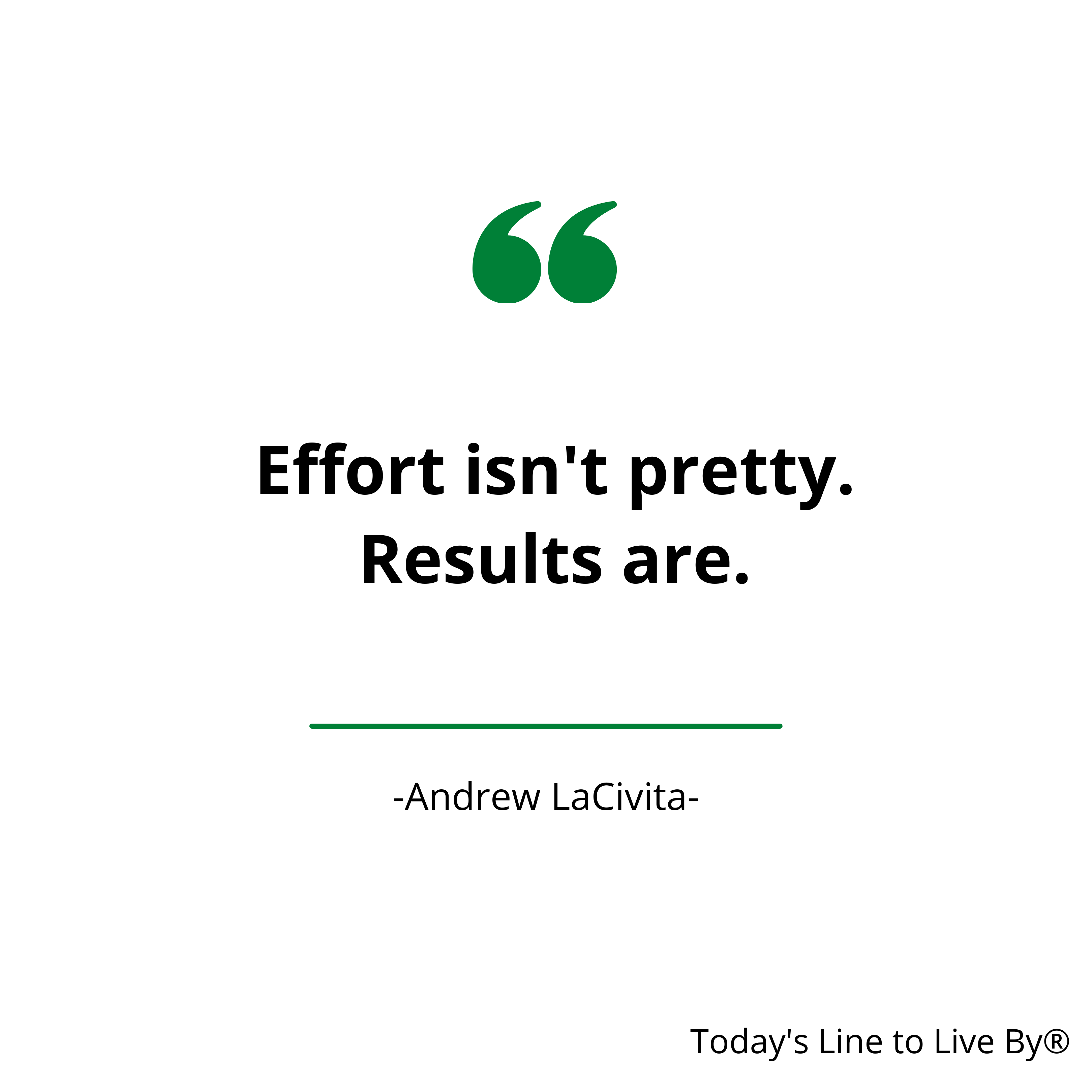I’ve become so busy in my work life that last week I locked myself in a hotel room for four straight days solely to work. There’s no need to feel badly for me. It was a really nice hotel and the eleven room-service meals were delicious.
Not seeing the light of day during a stretch of four 70-degree Chicago-days in November was a bummer. Even so, it was important for me to spend uninterrupted time building products and services I think you’ll enjoy.
My work marathon continued into the weekend. On Saturday, five hours into my workday, I glared at my 27″ monitor. I kept sliding my fingers down the Mac Track Pad, but the email list simply wouldn’t die.
Looking at the screen felt like something I’d seen in a movie. The letters became blurry, but as I skimmed the messages the words “need,” “want,” “favor,” and “help” seemed to have a giant magnifying glass over them.
I looked down at my fur babies. They always lie faithfully in contortionist-like positions at my feet when I work. A tear ran down my cheek. I felt tired, overwhelmed, guilty and a host of other icky feelings. The life I worked so hard to attain was simply taunting me—to take control.
I turned to them and cheerfully asked, “Hide and seek?” They leapt with a force you could understand only if you’ve ever owned a Dachshund.
Off I dashed with a handful of treats hiding in the closets, bathrooms, and corners of my house awaiting their arrival with upright tails.
When I returned to my desk, I wrote this blog post.
Sometimes, you simply need to take control of your life and politely say “No” to your many requests. Remember, if you don’t plan and control your life, someone else will. Here are my favorite eight ways to politely say “No.”
The Ego Stroke
I didn’t save the best for last. This might be my favorite of my favorites. I learned this from the master herself, my fiancée Lynda. I’m sure she thinks I don’t know what she’s doing, but it goes a little something like this.
Me: “Honey, can you do this for me?”
Her: “Oh. Dear, you’re so much better at that than I am. It’ll turn out better if you do it.”
Ah. She is a sneaky one. Adorable. But sneaky.
The Self-Deprecation
Don’t like stroking someone’s ego? No problem! Use the self-deprecation technique.
Her: “Can you help me with this?”
You: “Oh. I’m so bad that. It’ll turn out much better if you do it. I’m afraid to ruin it and I just wouldn’t be able to live with myself if I messed it up.”
The “Look” of Silence
Whenever someone asks you, either in person or over the phone, to do something, you can use a slight pause to gauge the situation. Many times, the person will withdraw the request before you respond. Other times, the person might fill the silence with an indication of how urgent or important the request is. Either way, you have more insight than you did three seconds earlier.
The Choice
People love the opportunity to choose! I like to give people choices when I want to help them, but can’t fully commit. This sounds like, “I’d love to help you move on Saturday, but my back is sore. Would you like $300 for movers?” You get the gist.
The Deprioritize (AKA The Upward Choice)
The Deprioritize is another choice option and is best used when dealing with superiors at work. It sounds like, “Yes, Mr. Boss Man, I’d love to add that 19th project to my plate. Can you please let me know which of the other 18 I should remove or deprioritize?”
The Delay
I love the delay. It often sounds like, “Let me check my calendar and get back to you,” or “I’ll ask my husband and get back to you,” and so on. It’s effective when you need to catch your breath and see how your calendar or workload shapes up.
The Auto Response
Everyone has received one of those Out-of-Office email auto-responders. Feel free to use them when you’re sitting at your desk and don’t want to be bothered by something that is likely unimportant and doing nothing but adding to-dos you don’t want or need. It has all the same details: why you are occupied (you don’t need to be specific!), when you can respond, and an alternative in case of emergency.
The Hot Potato
As much as you like to think everyone needs you, no one is unique when it comes to helping. The hot potato sounds like, “I’d love to help you, but am tied up. You should give John a call. He’s really good at that stuff.”
What are your best techniques for saying “No?”









Thank you for this. Very helpful and I’m likely to come back to it often.
Love to hear it just as much as I love my shirt. 🙂
My favorite way to politely say no is to politely say no.
Love this Glenn!